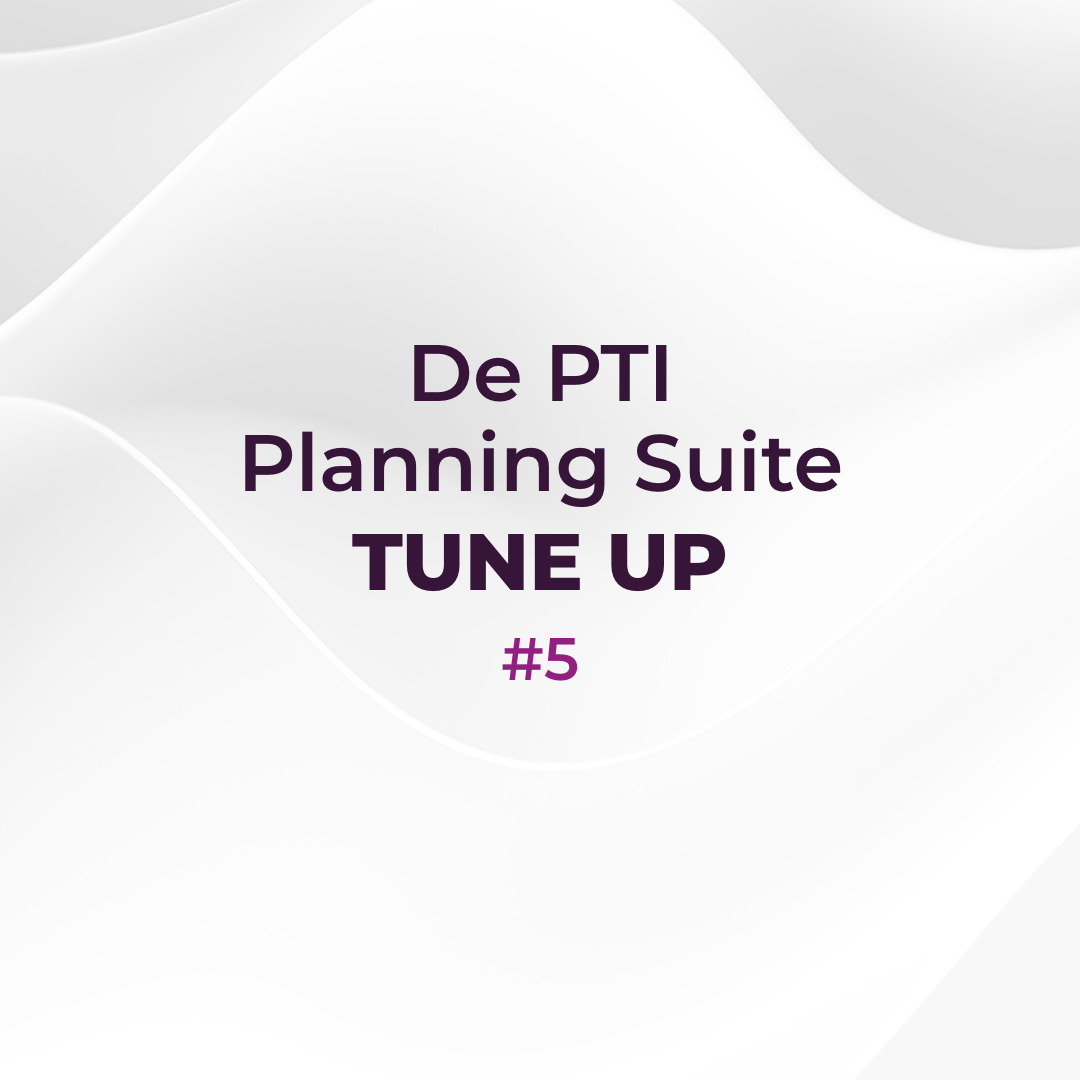
De TUNE UP #5
De TUNE UP is onze quarterly software update. Deze keer maak je kennis met onze nieuwe UX.
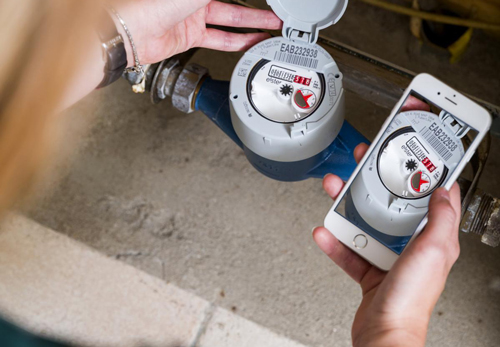
Efficiënte buitendienstprocessen met fotoherkenning
De buitendienst wordt steeds slimmer door technologische innovaties. Een van de nieuwste gamechangers is fotoherkenning. Deze technologie maakt het mogelijk om sneller en nauwkeuriger gegevens te verwerken, storingen te identificeren en onderhoud efficiënter uit te voeren. In dit artikel lees je hoe fotoherkenning jouw buitendienstprocessen efficiënter maakt en bijdraagt aan een betere dienstverlening.
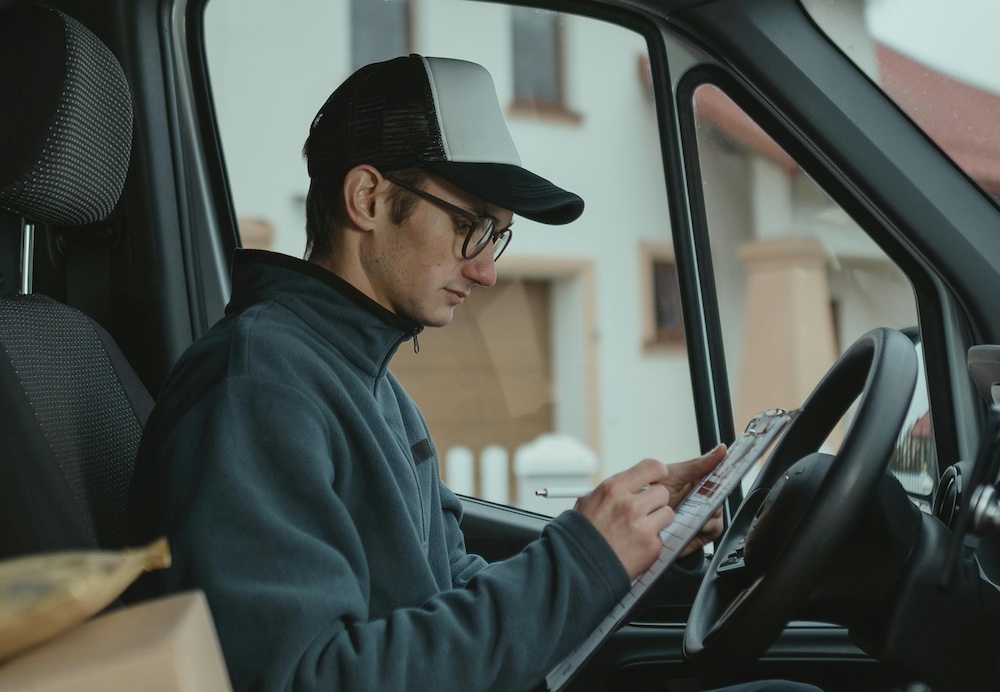
Dispatching buitendienst: zo maak je je planning super efficiënt
Een goed georganiseerde buitendienst begint bij een efficiënte dispatching. Zonder slimme dispatching kunnen miscommunicatie, onlogische routes en inefficiënte planning al snel tot chaos leiden. Met de juiste tools en strategieën breng je orde in de chaos en zorg je voor een vlekkeloze operatie. In dit artikel ontdek je hoe slimme dispatching jouw buitendienstplanning super efficiënt maakt.

Hoe een buitendienst routeplanner jouw buitendienst twee keer zo efficiënt maakt
Een goed georganiseerde buitendienst staat of valt met efficiënte planning. Lange reistijden, verkeerd ingeplande afspraken en miscommunicaties kunnen de productiviteit flink verlagen. Met een slimme buitendienst routeplanner optimaliseer je niet alleen routes, maar verhoog je ook de tevredenheid van klanten én medewerkers. In dit artikel lees je hoe een routeplanner jouw buitendienst twee keer zo efficiënt maakt.

Van chaos naar structuur: de ultieme buitendienst oplossing
Het beheren van een buitendienst is geen gemakkelijke taak. Van last-minute wijzigingen en complexe planningen tot inefficiënte communicatie: zonder de juiste tools kan er al snel chaos ontstaan. Een slimme buitendienst oplossing, zoals de PTI Planning Suite, helpt je om deze uitdagingen om te zetten in gestroomlijnde processen en een hogere klanttevredenheid.

Hoe buitendienstsoftware de klanttevredenheid verhoogt
Het optimaal beheren van storing- en onderhoudswerkzaamheden vraagt om slimme tools die processen vereenvoudigen en inzicht bieden. Met gespecialiseerde Field Service Software, zoals de PTI Planning Suite, haal je meer uit je storing- en onderhoudswerkzaamheden. In dit artikel leggen we uit welke voordelen de juiste software biedt voor jouw storing- en onderhoudswerkzaamheden.

Software voor de telecomsector: optimaliseer service en onderhoud
De telecomsector staat nooit stil. De snelle technologische ontwikkelingen en de steeds hogere verwachtingen van klanten vragen om slimme oplossingen. Software speelt hierbij een cruciale rol. Van efficiënter netwerkbeheer tot geautomatiseerd klantcontact en onderhoudsplanning: buitendienstsoftware voor de telecomsector biedt dé mogelijkheden om je dienstverlening naar een hoger niveau te tillen. In dit artikel bespreken we hoe telecombedrijven kunnen profiteren van gespecialiseerde softwareoplossingen om hun processen te optimaliseren.

De beste software voor storing- en onderhoudswerkzaamheden
Het optimaal beheren van storing- en onderhoudswerkzaamheden vraagt om slimme tools die processen vereenvoudigen en inzicht bieden. Met gespecialiseerde Field Service Software, zoals de PTI Planning Suite, haal je meer uit je storing- en onderhoudswerkzaamheden. In dit artikel leggen we uit welke voordelen de juiste software biedt voor jouw storing- en onderhoudswerkzaamheden.
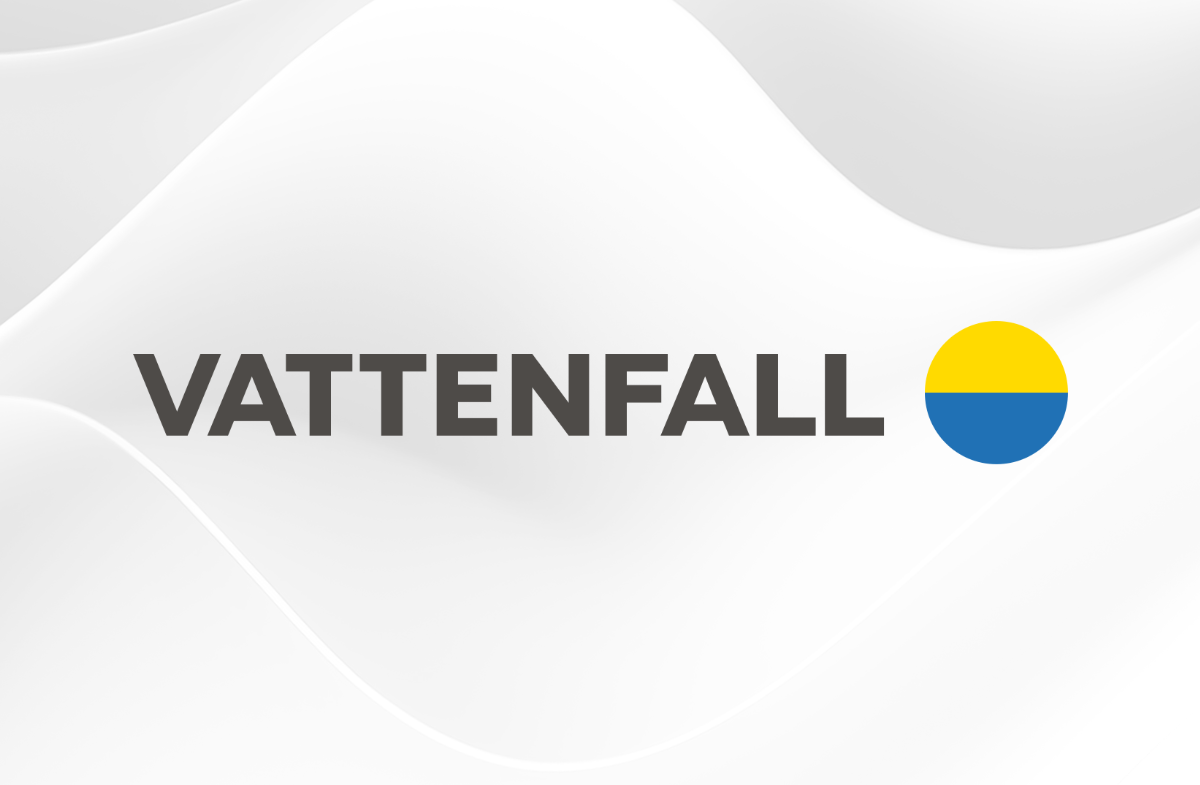
De ervaring van Vattenfall met Power BI
Bij Vattenfall staat innovatie in dienst van een grotere missie: een fossielvrije toekomst mogelijk maken. Projectmanager Sjoerd Veldkamp draagt hieraan bij door te werken aan duurzame energieopwekking en complexe projecten binnen de warmteketen. Een van de grootste uitdagingen? De verplichte implementatie van op afstand uitleesbare warmtemeters bij ruim 160.000 klanten vóór 2027. Deze operatie vraagt om strakke coördinatie en slimme inzichten. Om deze operatie te ondersteunen ontwikkelde Sjoerd een Power BI dashboard en werkte hij samen met PTI.

De TUNE UP #4
Bij PTI zijn we continu in beweging. Innovatie zit in ons DNA en we streven ernaar om ons platform iedere dag een beetje beter te maken. De TUNE UP is onze quarterly software update. Zo blijf jij altijd up-to-date en ontdek je in een oogopslag de belangrijkste optimalisaties en innovaties die onze technologie naar een hoger niveau tillen.
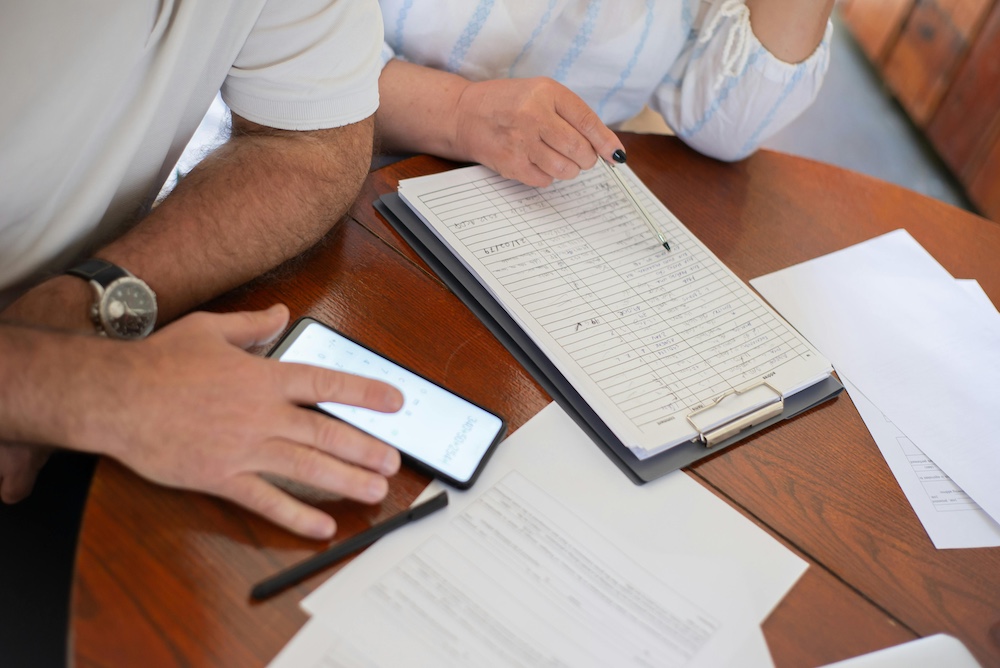
Dé buitendienst app voor efficiëntie en productiviteit
Voor buitendienstmedewerkers is het hebben van een efficiënte en overzichtelijke werkdag cruciaal. Zodat zij ontzorgd zijn en zich volledig op hun werkzaamheden kunnen focussen. Het gebruik van een buitendienst app kan monteurs helpen om hun productiviteit te verhogen en dagelijkse taken soepeler te laten verlopen. Maar wat maakt een buitendienst app de beste keuze voor jouw bedrijf? In dit artikel ontdek je alles wat je moet weten om je werk naar een hoger niveau te tillen.
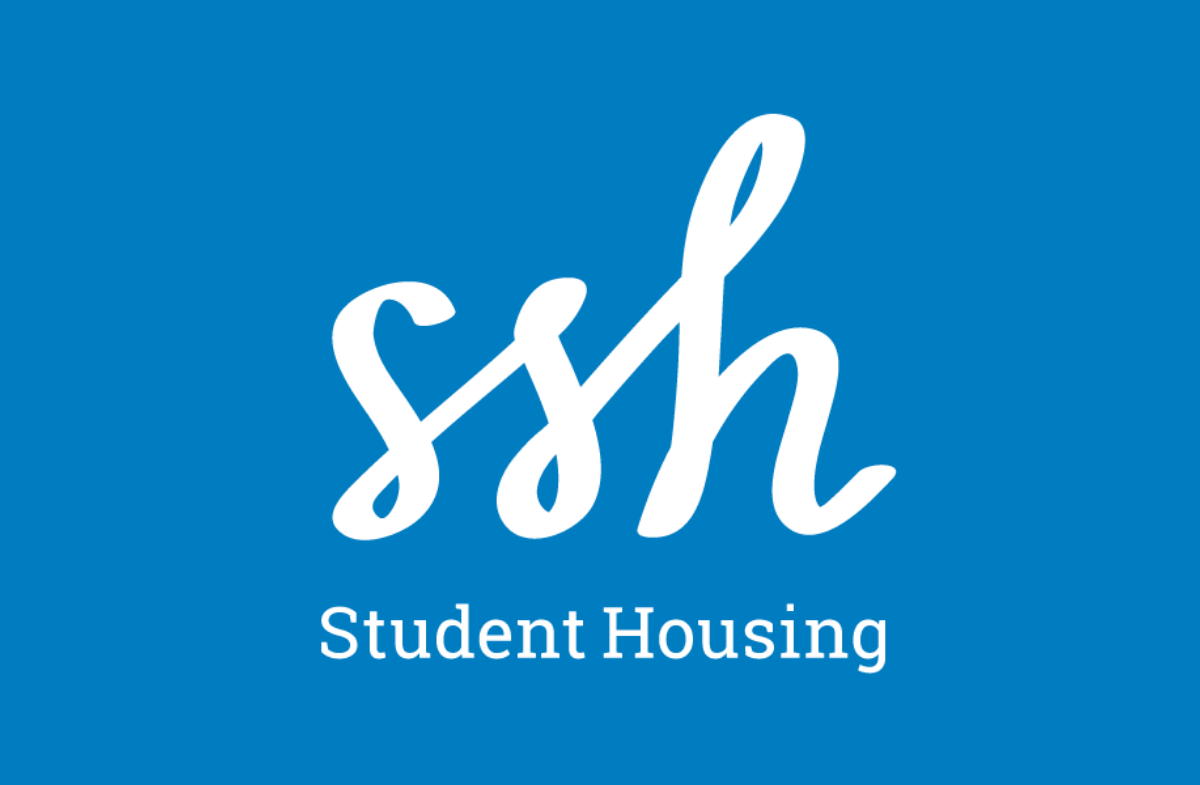
SSH verhoogt efficiëntie en klanttevredenheid met PTI’s meteropname-app
SSH (Stichting Studenten Huisvesting) beheert ruim 19.000 studentenkamers in steden zoals Groningen, Utrecht, Rotterdam, Tilburg en Zwolle. Het doel van SSH is om studenten een efficiënte en centrale manier te bieden om woonruimte te vinden en tegelijkertijd de servicekosten nauwkeurig en transparant af te rekenen. Freddy van den Brink, medewerker servicekosten bij SSH, vertelt hoe PTI hen ondersteunt in deze missie.

